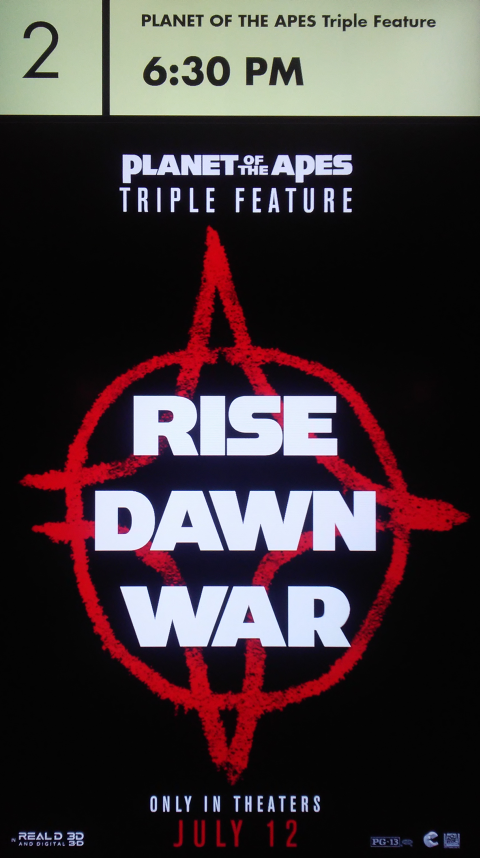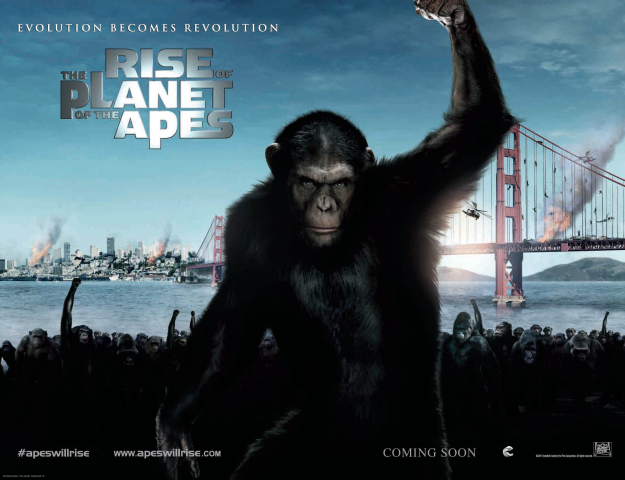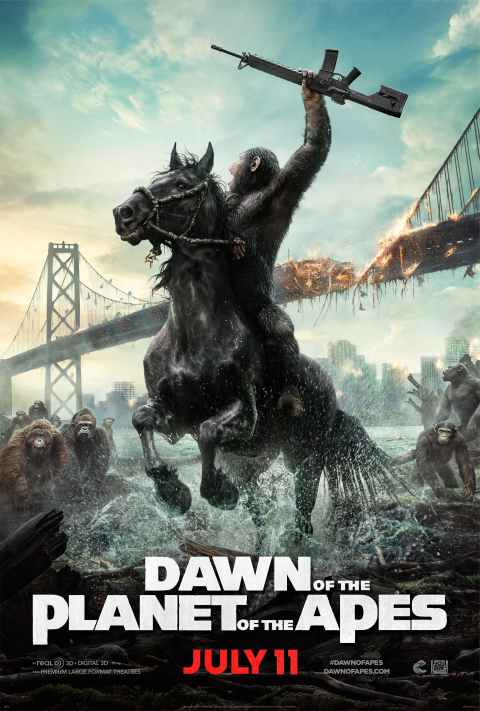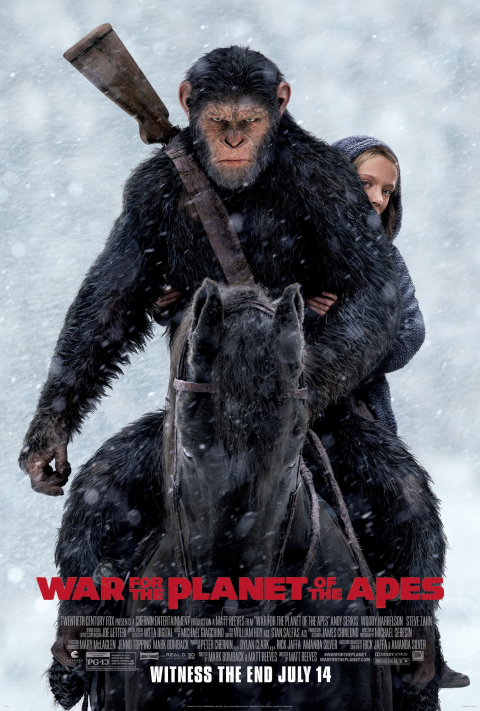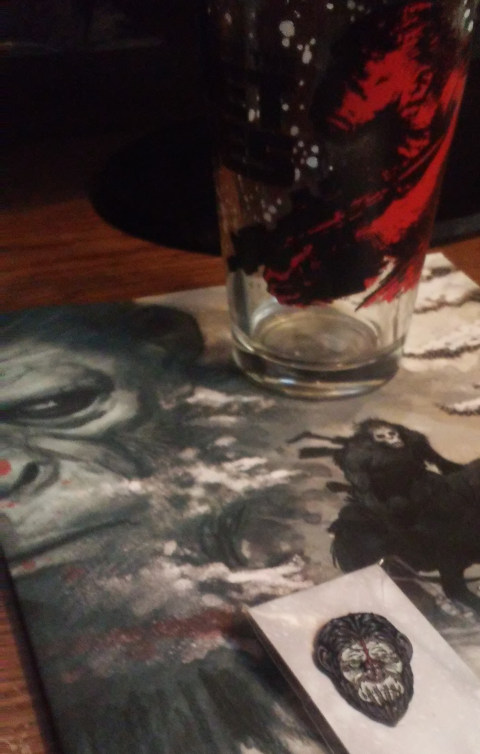
Seeing as how it’s nearly impossible to talk about Avengers: Endgame without spoiling anything (though I do give it a hearty recommendation if you’re the least bit interested), it seems as good an opportunity as any to talk about three films that I imagine the statute of limitations for spoilers has expired on, at least for anyone who’s old enough to drink.
I’ll speak only for myself here, but I see Christopher Nolan’s Dark Knight triptych as the defining movie trilogy of my generation. Part of that is personal taste, part of that is timing (Batman Begins came out as I was graduating high school, Dark Knight heading into my senior year of college, and Dark Knight Rises a couple years into my first 9-to-5 job), but mostly it comes down to cultural impact.
For better or worse (mostly worse, to be honest, but I don’t hold other people’s incompetent stylistic plagiarism against Nolan), these films’ version of Batman and his universe is likely the genesis and certainly the embodiment of what I refer to as Post-9/11 Realism. You can see it in other franchises (or attempted franchises): James Bond; Jaffa/Silver’s Planet of the Apes; new American Godzilla; the DCEU; FANT4STIC; and so on. Even Mission: Impossible, as outright fun as those movies have been in the new millennium, there’s definitely a tinge of seriousness that feels Dark Knight-esque.
But, hey. We’re here to talk about some Batman movies, so let’s talk about some Batman movies.

Weirdly enough, I don’t remember a lot of hype for Batman Begins at the time of its release. It was almost as if it snuck up on us with great stealth (as a ninja should).
Oh, sure, I’d been following the rumor mill for years (more on that later), but deep down I think we almost didn’t believe that it was actually happening, probably because back in my day people didn’t reboot franchises every three years like certain hack studios do today, so despite the fact that eight whole years had passed, the debacle of Batman & Robin was still fresh in our minds.
And, wow; what a sea change.
To go from the candy-coated Gothic neon of the Burton and Schumacher films to the down-and-dirty grittiness of Batman Begins was nothing short of mind-blowing (to their credit, the filmmakers of Casino Royale were able to recapture this feeling a year later, and to greater profit). I think I went out and saw it three times in theaters (which would become something of a tradition with this trilogy, though not unmerited). What’s interesting now though, looking back, is that while I wouldn’t necessarily call it more fantastical, it’s certainly more dreamlike (some might say more “comic book”) than its sequels.
Still, despite the fact that it was a top ten hit both domestically and worldwide, it seems as if a number of people still sleep on this one today, but for fans of the Batman, it was the shot in the arm we desperately needed, and still very much appreciate.
Rating: ★★★★★

If I may jump back for a second to about 2001, I remember when the big rumor about the yet-unproduced Batman reboot was that it would be Batman: Year One (which later turned out to be a quality DC animated feature), to be directed by Darren Aronofsky, and starring as Batman, wait for it, none other than Aaron Eckhart.
Obviously, none of that ever materialized (and may only have ever existed as rumor in the first place), but flashing forward in time, while everybody was freaking out about Heath Ledger being cast as The Joker, I was just happy that Eckhart finally got some sort of consolation prize.
But enough about rumors, as fun as they may be.
I was so excited to see the sequel to Batman Begins that I rounded up a crew to go see, of all movies, I Am Legend, opening night, in IMAX, because I’d learned there’d be a special preview of The Dark Knight. Little did we know we’d be treated to the entire bank heist scene, which, believe me when I tell you this, when that opening shot of the city in broad daylight hit the screen, I thought I was going to fall out of my seat. It was an indelible moment that I still think about today. We’d all grown up going to IMAX films at museums and such, and I’d seen a few movies blown up for the larger screen, but to see a feature film actually shot in the format itself was, again, mind-blowing.
Honestly, by the time I got around to seeing the full movie (again, opening night, in IMAX), my expectations were so ridiculously high that I probably should have been disappointed in some way, but I wasn’t. In fact, at the time, I’d say my expectations were exceeded. Pretty close to miraculous if you ask me.
And I know I wasn’t alone on that.
Rating: ★★★★½

My memories of this one aren’t as clear as they are for its predecessor, but it was a similar overall experience (though I do remember one of my workmates at the time living in Newark and waking up one morning to the sight of Gotham City Police vehicles parked outside his front door). My friend and I went to see Mission Impossible: Ghost Protocol opening night in IMAX to see the special preview, which again was the amazing opening scene of the movie (and featuring a different audio mix for Bane than the final version of the film).
Suffice it to say though, I think we were all a little less hyped for this one in the wake of Heath Ledger’s untimely death. There’d been rumors that the reason for Joseph Gordon-Levitt’s casting was to replace him as The Joker (which, in retrospect, I think could have worked, especially if his screen time was limited), but ultimately The Dark Knight Rises proceeded forth on its own terms, forging a new and different direction while ambitiously merging the previously unrelated stories of Batman Begins and The Dark Knight to an all-out conclusion.
I remember many people being highly critical of this one at the time, but I’ve always enjoyed it. It may stretch the bounds of realism in a more pronounced way than the two films before it, but all-in-all it draws out a fitting end to the character of Batman according to Nolan’s vision.
As they say, go big or go home.
Rating: ★★★★☆
So, what did I actually learn from seeing all three of these films in IMAX in one day (to celebrate Batman’s 80th Birthday)?
Well, I learned that while each movie is decidedly worth the price of admission on its own (which I already knew, but still), when you line all three of them up in such a direct comparison, it becomes obvious that Batman Begins is the best of the bunch (despite having no actual IMAX footage), which I honestly did not believe up until a few weeks ago when this event happened. The thing about Begins is that the layering of the story and the pacing is just so good, and as big and as grand as its sequels are, they just as obviously have third act pacing issues, which isn’t the worst thing, but it’s noticeable, and forces me to nick some points off.
Another thing I learned is that despite the great performance from Health Ledger (and it is Great), and despite The Dark Knight’s snub being the reason for The Academy opening up the Best Picture Oscar to more than five films per year, the gulf in quality between The Dark Knight and The Dark Knight Rises is not nearly as wide as the consensus would have you believe. In fact, at this point, if you said you liked the latter better than the former, I wouldn’t hold it against you.
Mostly though, I got a great refresher in knowing that these movies would not be what they are without Christopher Nolan. His passion for shooting on real film, for doing effects in camera as much as humanly possible, his knack for great (and I mean truly seamless) miniature work, his blissful ignorance that allows him to cast roles based on merit rather than reputation, all of these things flow out of who he is, what he cares about, and his artistic vision. He’s a great storyteller, to be sure, but the way you tell stories has an impact on the stories you tell, and I couldn’t be happier that this trilogy came from his heart, mind, body, and soul.
At least in the world of live-action, this version of Batman may never be topped. I’m not saying it’s completely flawless, but I’ll tell you this, I don’t think anyone will ever put such care into it ever again. In this world of digital 4-D cleanliness, having these gritty, tactile, analog films is like a warm blanket I wouldn’t trade for anything.
God save the king.
P.S.
I don’t think I’ve ever mentioned it here before, but if you’ve never seen Disney’s 20,000 Leagues Under the Sea, you should definitely check it out. There are some amazing parallels between James Mason’s version of Captain Nemo and Liam Neeson’s character in Batman Begins.
P.P.S.
We all got Batarangs.


